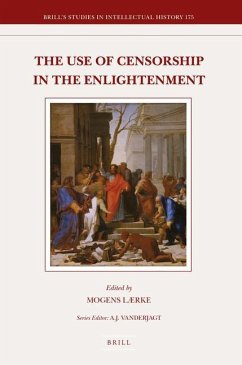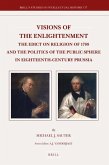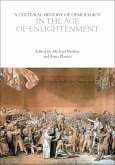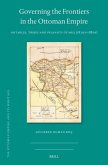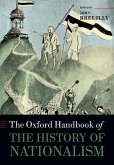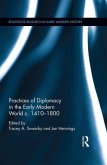The ambition is of this volume to study the role censorship played in the intellectual culture of the seventeenth and eighteenth centuries, how it was implemented, and how it affected the development philosophy and literary writing. It contains contributions by intellectual historians, philosophers and literary theorists. The first section studies how Enlightenment thinkers were submitted to censorship, in particular the German Spinozists, Pierre Bayle, and the French Encylopedists. The second section on the institutional aspects of censorship contains an analysis of the breakdown of censorship in England around 1640 and a discussion of the impact of censorship on philosophy in the Netherlands. The final section studies the stand three Enlightenment thinkers, namely John Toland, Denis Diderot, and G. W. Leibniz, took on the issue of censorship.

